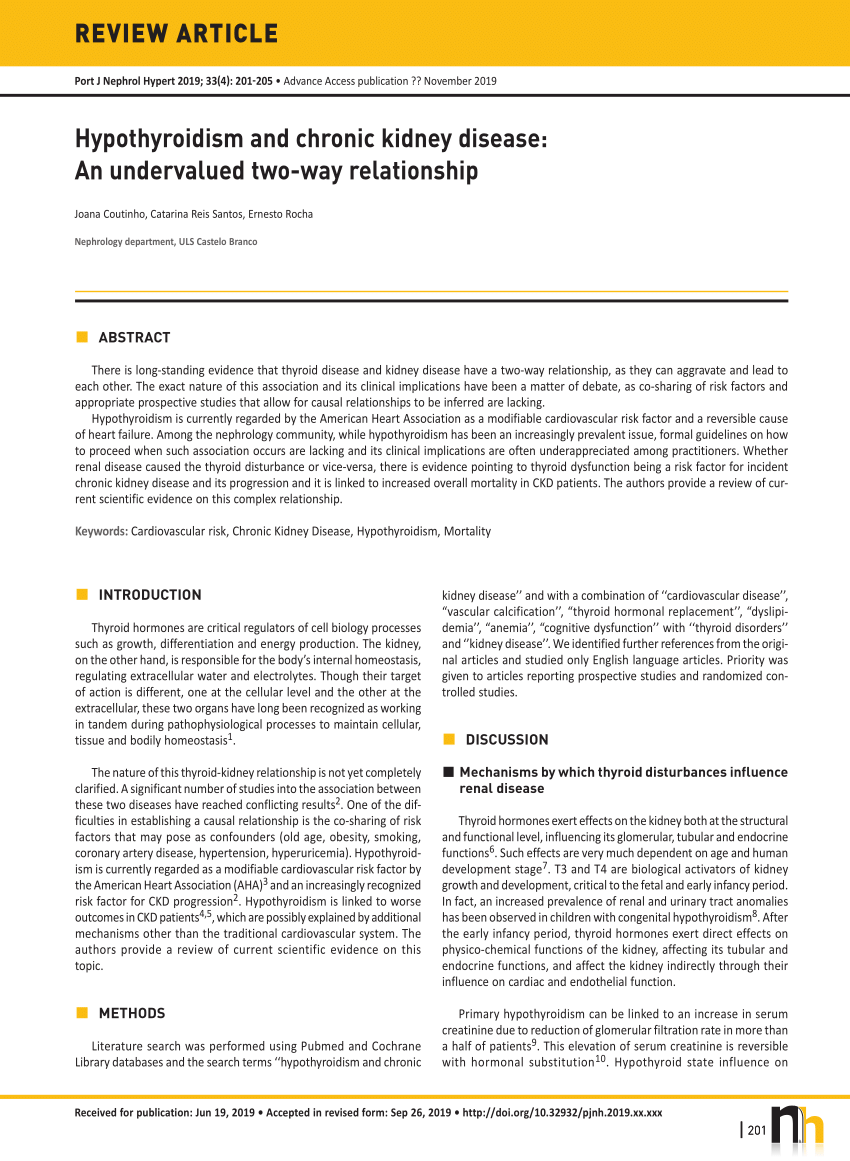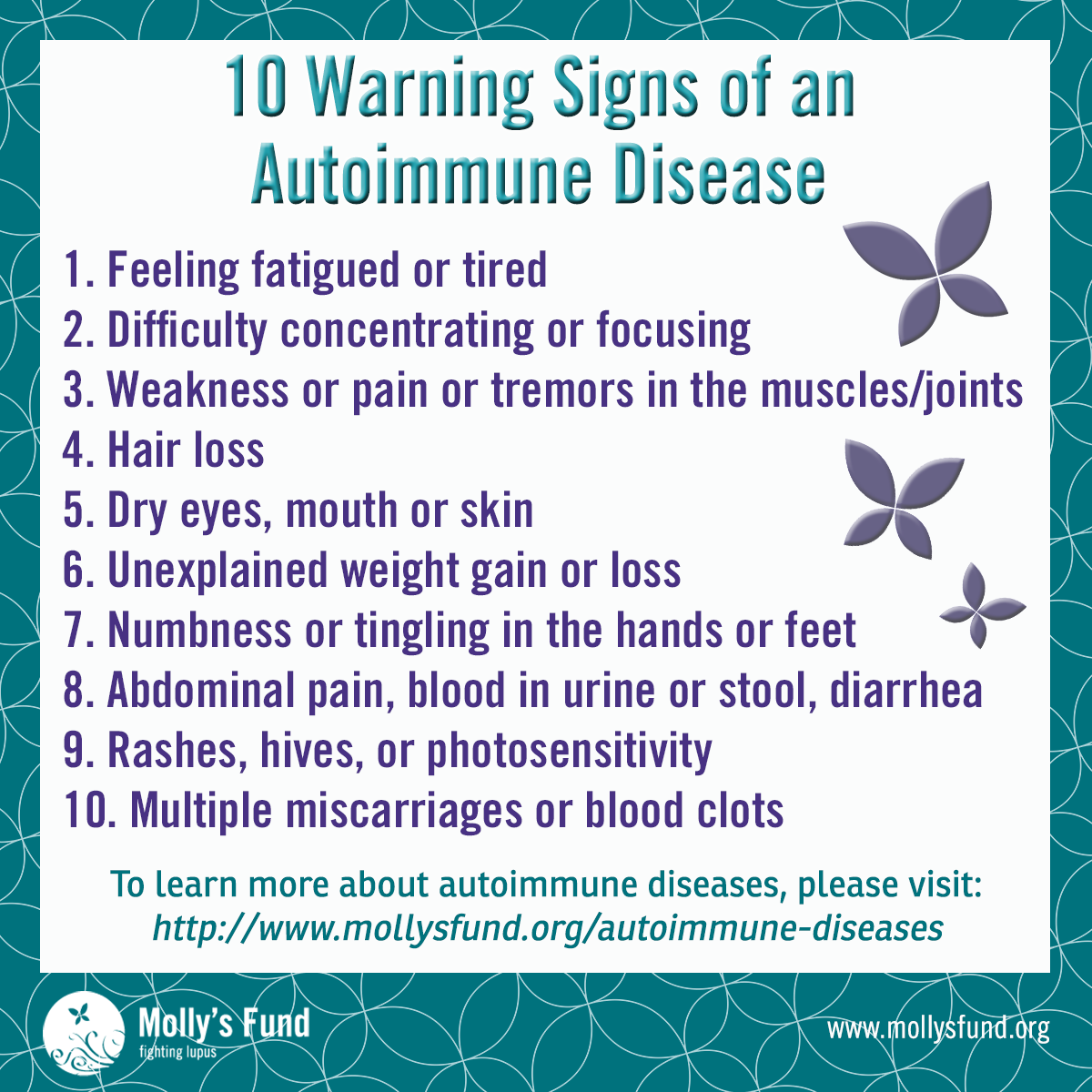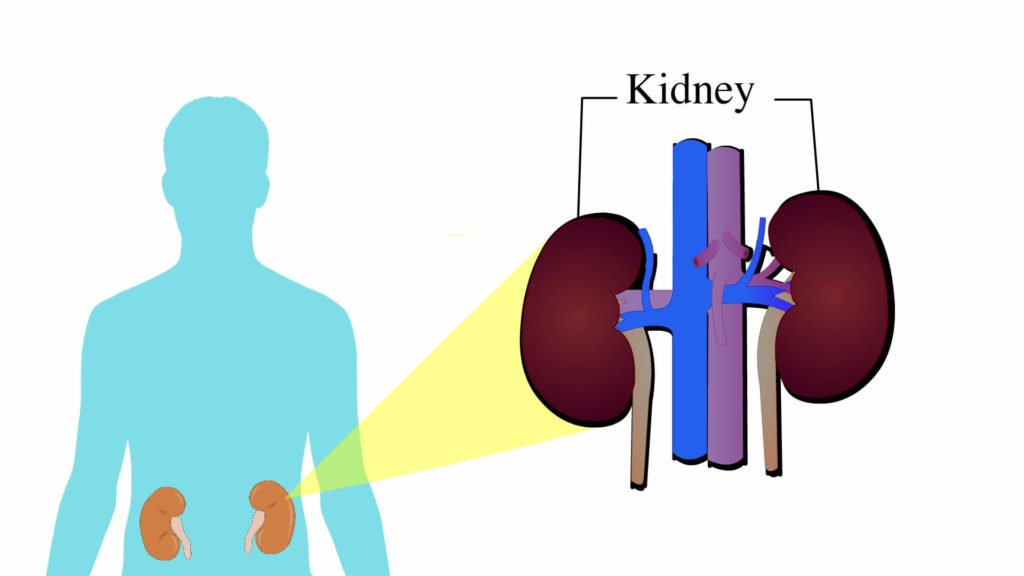High Cholesterol Potential Link
Despite the fact that science has confirmed that hypothyroidism and kidney disease have a two-way relationship as one can lead or contribute to the other, little is known about all mechanisms that connect them. One potential indirect mechanism of action could be high cholesterol.
The body needs thyroid hormones to make cholesterol and to eliminate cholesterol it doesnt need anymore. That being said, hypothyroidism impairs the breakdown and removal of LDL or bad cholesterol, which then accumulates in the blood. In fact, high cholesterol is one of the hallmark symptoms of hypothyroidism.
What many people dont know is that high cholesterol can negatively affect kidneys too. Not only does cholesterol contribute to heart disease risk, but it also clogs the renal arteries and cuts off blood flow to the kidneys, thus weakening kidney function. Therefore, hypothyroidism can negatively affect kidneys by increasing cholesterol levels. This is why its important to be proactive and manage symptoms you experience adequately by following doctors orders and recommendations. Through proper management of symptoms such as high cholesterol, you can protect your kidneys.
Hypothyroidism And Renal Function
The effects of hypothyroidism on the kidney are usually opposite to the effects of hyperthyroidism. The RBF is reduced in hypothyroidism by decreased cardiac output , increased peripheral vascular resistance, intrarenal vasoconstriction, reduced renal response to vasodilators, and a reduced expression of renal vasodilators such as vascular endothelial growth factor and insulin like growth factor-1 . In addition, pathologic changes in the glomerular structure in hypothyroidism, such as glomerular basement membrane thickening and mesangial matrix expansion, may also contribute to reduced RBF.
The GFR is reversibly reduced in more than 55% of adults with hypothyroidism due to several reasons. There is decreased sensitivity to -adrenergic stimulus and decreased renin release along with decreased angiotensin II and impaired RAAS activity, resulting in loss of GFR. There is a structural constraint imposed by limited glomerular surface area for filtration due to renal parenchymal growth retardation in hypothyroidism. There is a reduced proximal tubular absorption of sodium, chloride, and water. In addition, the renal basolateral chloride channel expression is reduced. Thus, reduced chloride reabsorption increases the distal chloride delivery, triggering the macula densa mediated tubuloglomerular feedback which reduces the RAAS activity. Consequently, the GFR falls.
Will Ckd Shorten My Life
Many people with chronic kidney disease are able to live long lives without being unduly affected by the condition. Although its not possible to repair damage that has already happened to your kidneys, CKD will not necessarily get worse. CKD only reaches an advanced stage in a small proportion of people.
Recommended Reading: Can You Have 4 Kidneys
Low Thyroid Function Common In Chronic Kidney Disease
- Date:
- American Society of Nephrology
- Summary:
- Many patients with chronic kidney disease have mild reductions in thyroid function, or subclinical hypothyroidism — a condition that becomes more common as kidney function declines.
Many patients with chronic kidney disease have mild reductions in thyroid function, or subclinical hypothyroidism–a condition that becomes more common as kidney function declines, according to a new study.
“Although no recommendations are available regarding the treatment of mild abnormalities of thyroid hormone levels in patients with CKD not requiring dialysis, these abnormalities could represent a risk factor for cardiovascular disease and might also be implicated in kidney disease progression,” comments lead authors Dr. Michel Chonchol of University of Colorado Health Sciences Center and Dr. Giovanni Targher of University of Verona, Italy.
The researchers analyzed routine blood test results in more than 3,000 patients with CKD who were not receiving dialysis. Patients with CKD have loss of kidney function that, in many cases, progresses to end-stage renal disease –permanent loss of kidney function requiring dialysis or transplantation.
Overall, 9.5 percent of patients with CKD had subclinical hypothyroidism. This means reductions in thyroid hormone levels that are detected on blood tests with no abnormal signs or symptoms.
Story Source:
Drugs In Thyroid And Renal Disease

Drugs used in thyroid or kidney disease may have adverse effects on the other organ’s functions. Thionamides such as methimazole, carbimazole, propylthiouracil cause hypothyroidism as well as renal dysfunction by immune mechanisms resulting in various glomerular disease such as vasculitis, lupus nephritis, or necrotizing glomerulonephritis with pulmonary hemorrhage.
Alemtuzumab, used in renal transplantation, has been reported to result in autoimmune thyroid disease. Interferon-, used again in renal cell carcinoma as well as for treatment of hepatitis B and C virus infection pre-transplant causes hyperthyroidism. Lenalidomide, used in renal cell carcinoma for its antitumor and antiangiogenic properties, results in a subacute thyroiditis and transient thyrotoxicosis. Sunitinib, a new therapeutic agent against RCC, results in hypothyroidism, which some authors believe to be associated with better prognosis.
Lithium use causes hypothyroidism as well as nephrogenic diabetes insipidus and CKD. Amiodarone is associated with both hypothyroidism and hyperthyroidism as well as acute renal damage. Rifampicin causes both a tubulointerstitial nephritis as well as hyperthyroidism.
Also Check: What Laxative Is Safe For Kidneys
Effects Of Thyroid Dysfunction On The Kidney
Thyroid dysfunction affects RBF, GFR, tubular function, electrolyte homeostasis, and kidney structure. The various effects of hypothyroidism and hyperthyroidism on renal function have been summarized in . The effects on renal function tests are listed in .
Effects of hyperthyroidism and hypothyroidism on renal physiology and function
Thyroid And Renal Malignancy
There is an increased predisposition of patients with thyroid cancer to develop renal cell carcinoma due to genetic predisposition or treatment of disease. In addition, thyroid malignancy could metastasize to the kidney and RCC is one of the common tumors metastasizing to the thyroid. While clear cell carcinoma of thyroid, morphologically resembling the RCC, is described, some RCC may morphologically resemble thyroid follicular carcinoma. Thyroid malignancies expressing EPO receptors have favorable prognosis, while RCC expressing aberrant thyroid hormone receptors may contribute to carcinogenesis.
Also Check: Can Seltzer Water Cause Kidney Stones
What Happens To Tsh In Hyperthyroidism
A TSH level lower than normal indicates there is usually more than enough thyroid hormone in the body and may indicate hyperthyroidism. When hyperthyroidism develops, free thyroxine and free triiodothyronine levels rise above normal. Other laboratory studies may help identify the cause of hyperthyroidism.
New Study Looks At Patients With Kidney Disease And Underactive Thyroid
The thyroid is a butterfly-shaped gland that wraps around the trachea, or breathing tube.
Hypothyroidism can be a complicated disease on its own and require daily medication in most cases and surgery in more serious cases. But many people with hypothyroidism have other conditions as well. Some of those include diabetes, celiac disease, lupus, anemia, and Sjogren’s syndrome.
Another one is chronic kidney disease, which can be associated with hypothyroidism in some patients. Chronic kidney disease causes the kidneys to fail, which makes it hard to filter waste and water from your blood. People with the disease often need medication or more advanced treatment to help them filter out this waste.
A current study is investigating patients with both chronic kidney disease and hypothyroidism.
A current National Institute of Diabetes and Digestive and Kidney Diseases -supported study is investigating patients with both chronic kidney disease and hypothyroidism.
The five-year study started in 2019 and has 336 participants. It is looking at whether levothyroxine, a medication that treats hypothyroidism by increasing thyroid hormones, helps hemodialysis patients’ overall health and quality of life. Hemodialysis is a treatment for people with chronic kidney disease. During hemodialysis, waste and water are filtered from a person’s blood by a machine called a dialyzer. The blood is then returned into your body.
: National Institute of Diabetes and Digestive and Kidney Diseases
Read Also: Can You Have 4 Kidneys
Effects Of Thyroid Hormones On Renal Development
Thyroid hormones influence protein synthesis and cell growth. Studies in neonatal rats have demonstrated the accelerating effect of thyroid hormones on renal development. Thyroid hormone status affects the functioning renal mass , with hypothyroidism reducing this ratio and hyperthyroidism increasing it. However, severe hyperthyroidism results in protein breakdown and eventual renal atrophy. In addition, children with congenital hypothyroidism have a high incidence of congenital renal anomalies. Thyroid hormones also influence the neonatal renal function. Perinatal thyroid hormone status affects the mitochondrial energy metabolism enzymes in the cells of the proximal convoluted tubules . There is an increase in the activity of the Na P co-transporter , Na H exchanger , as well as the Na/K ATPase in the PCT. Thus, thyroid hormones play an important role in renal development and early renal function.
Malfunctioning Thyroid Glands Linked To Kidney Stones
Written by Admin | Updated : March 2, 2015 6:55 PM IST
Excessive calcium levels, linked to formation of kidney stones, can be traced to the over activity of parathyroid glands , affecting women and the elderly, suggests a new study. Researchers from the University of California Los Angeles, determined that hyperparathyroidism is the leading cause of high blood-calcium levels and is responsible for nearly 90 percent of all cases. Calcium loss from bones often leads to osteoporosis and fractures, and excessive calcium levels in the blood can cause kidney stones and worsening kidney function, researchers from the UCLA said, the Journal of Clinical Endocrinology and Metabolism reports.
The four parathyroid glands, located in the neck, next to the thyroid, regulate the body’s calcium levels. When one is dysfunctional, it can cause major imbalances — for example, by releasing calcium from the bones and into the bloodstream, according to an UCLA statement. “The findings suggest that hyperparathyroidism is the predominant cause of high calcium levels, so if patients find they have high calcium, they should also have their parathyroid hormone level checked,” said Michael W. Yeh, associate professor of surgery and endocrinology at the David Geffen School of Medicine, UCLA, who led the study.
You May Like: Bleeding Kidney Treatment
Thyroid Kidneys And Autoimmune Disease Connection
Thyroid affects function of many organs. Thyroid and kidneys have a close relationship. Thyroid hormones, T3 predominantly, but also T4 regulate the renal blood flow and the glomerular filtration rate . T3 thyroid hormone is important in the production of many kidney regulating molecules such as renin. Sub-optimal thyroid hormonal replacement can affect the health of kidneys negatively. Kidneys can eventually decrease in size in hypothyroidism or increase in size in hyperthyroidism . Thyroid hormone have effects on cardiovascular system and the flow of blood into the kidneys. Hypothyroidism can result in abnormalities in renin release. This can cause constriction of blood vessels and fluid retention. This situation is very bad for the heart. In hypothyroidism, the glomerular filtration rate can decrease substantially. Opposite goes for hyperthyroidism. Untreated hyperthyroidism can cause kidney damage or make chronic kidney disease worse.
On the other hand, people with renal diseases can have worsening of their symptoms of hypothyroidism as protein bound thyroid hormones may be lost by leaky kidneys. People on thyroid hormonal therapy and renal problems may need to take higher doses of hormones.
It is important to have normal blood pressure for kidney health which can also be a reflection of a thyroid function. Cranberry juice has a positive effect on kidney health in general.
References:
How Long Does It Take To Die From Stage 4 Kidney Disease

Stage 4 Kidney Disease: The kidneys are significantly damaged. Kidney failure becomes likely, which will require dialysis or a kidney transplant. A 40-year-old man with stage 4 kidney disease has a life expectancy of 14 years after diagnosis, while a 40-year-old woman can expect to live 16 more years.
Read Also: Is Grape Juice Good For Kidney Stones
Kidney Stones And Hyperparathyroidism
Can hypothyroidism cause kidney problems?
Kidney stones occur in about 4 percent of people but are much more prevalent in people with blood calcium levels within 10.0 mg/dl .
Its imperative to realize that the odds of getting kidney stones are NOT higher if your bloodstream calcium goes higher. Said otherwise, the calcium of 12 does not give you higher chances of getting kidney stones compared to the calcium of 11.
Many doctors do not know that and say, your calcium isnt too high we will watch it for today until it becomes higher. That presumes that a very substantial calcium amount is more threatening than a mildly elevated calcium leveland it isnt. Very mild elevations of blood calcium are only as dangerous as high elevations.
The important thing that you learn is that the prevalence of stones does not increase since blood calcium increases. A calcium 12.5 mg/dl does not have a more significant majority of kidney stones than 10.5 mg/dl calcium.
Renal Outcome In Patients With And Without Thyroid Hormone Replacement Therapy
During the mean follow-up duration of 34.8 ± 24.3 months, a 50% decrease in eGFR occurred more often in the nontreatment group compared with the treatment group , resulting in rates of 7.96 and 2.75 per 100 patient-years, respectively . The incidence of ESRD was also significantly higher in the nontreatment group relative to the treatment group . The relative risk reduction for halving the eGFR and achieving ESRD by thyroid hormone replacement therapy was 64% and 85% , respectively . Kaplan-Meier analysis also indicated that renal event-free survival was significantly lower in the nontreatment group .
Kaplan-Meier plots for renal event-free survival in subclinical hypothyroidism CKD patients with and without thyroid hormone replacement therapy. Renal events were defined as halving of eGFR or ESRD. The cumulative renal event-free renal survival was significantly higher in patients treated with thyroid hormone.
Don’t Miss: Is Pomegranate Juice Good For Kidney Stones
The Relationship Between Thyroid Health And Kidney Health
The kidneys are vital organs that play an important role in filtering our blood. Since thyroid hormone affects every cell and tissue in the body, it shouldnt be a surprise that having hypothyroidism or hyperthyroidism can have an impact on kidney health. In this blog post Im not only going to discuss the relationship between the thyroid gland and the kidneys, but Im also going to give you some information that will help you to determine if your kidneys are working properly. As a result, this blog post wont only be beneficial for those with thyroid and autoimmune thyroid conditions, but will be valuable to anyone with kidneys .
Id like to start out by discussing some of the basics of kidney function. First of all, each kidney consists of filtering units called nephrons, and each nephron includes a filter called the glomerulus, along with a tubule. These structures are part of the renal cortex, which is the outer part of the kidney. The glomerulus filters your blood, and the tubule helps to remove toxins, reabsorbs ions, water, and nutrients, which in turn helps to maintain blood pH and electrolyte balance. There is also something called a collecting duct, which reabsorbs solutes and water, which in turn forms urine.
Lets go ahead and list some of the functions of the kidney in bullet-point format:
- Acid-base balance
- Nephrotic syndrome
What Is Chronic Kidney Disease?
How is Chronic Kidney Disease Diagnosed?
The Different Stages of Chronic Kidney Disease
Radiation & Chemotherapy For Cats
Hyperthyroidism, which is linked to an overactive thyroid, and chronic kidney disease, or CKD, are common illnesses in older cats. Many cats have both disorders, but the kidney disease is often masked by the hyperthyroidism. Sometimes, bringing the thyroid level to normal is done at the expense of kidney function.
Also Check: Are Almonds Bad For Your Kidneys
Connection Between Kidney Disease And Hyperthyroidism
There is a definite link between kidney disease and an overactive thyroid in cats. If your cat already suffers from kidney disease, the increased blood flow to the kidneys can help them to function better. In this way, hyperthyroidism can actually mask kidney disease.
Many cat owners have found that when they have treated a hyperthyroid cat, they notice that their cats have symptoms of chronic kidney disease. However, its important to remember that the over-active thyroid was probably just masking the symptoms.
If left untreated, hyperthyroidism can actually speed up the development or progression of kidney disease. Therefore, it is important to treat hyperthyroidism so that any kidney disease doesnt become worse and untreatable.
Contact your local vet who will be able to give your older cat a checkup and run blood tests to check for hyperthyroidism and kidney disease. Once the thyroid levels are normalized, it will be easier to treat and manage any issues relating to your cats kidney function.
Comparison Of Renal Function Over Time In Patients With And Without Thyroid Hormone Replacement Therapy
The results of eGFR were available for at least four time points within a 6-month interval in all patients. As shown in and , patients in the nontreatment group tended to have lower baseline eGFR compared with treated patients, although the difference was not significant. At 12 months, however, eGFR become significantly lower in patients who did not receive thyroid hormone therapy . In addition, the overall rate of decline in eGFR was significantly greater in the nontreatment group compared with that in the treatment group . Moreover, a linear mixed model revealed that there was a significant difference in the rate of eGFR decline over time between patients with and without thyroid hormone replacement therapy .
Read Also: Pineapple Kidney Stones
What Are The 5 Stages Of Chronic Kidney Disease
Chronic kidney disease refers to all five stages of kidney damage, from very mild damage in stage 1 to complete kidney failure in stage 5.
Thyroid hormones influence renal development, kidney hemodynamics, glomerular filtration rate and sodium and water homeostasis. Hypothyroidism and hyperthyroidism affect renal function by direct renal effects as well as systemic hemodynamic, metabolic and cardiovascular effects.
Recent Posts
Can Thyroid Problems Cause Kidney Disease

Because thyroid hormone has numerous effects on the kidney, heart, and vascular system, thyroid dysfunction can cause significant changes in renal and cardiovascular functions . In particular, hypothyroidism is known to be associated with reduced renal plasma flow and low glomerular filtration rate .
Recommended Reading: Is Club Soda Good For Kidney Stones